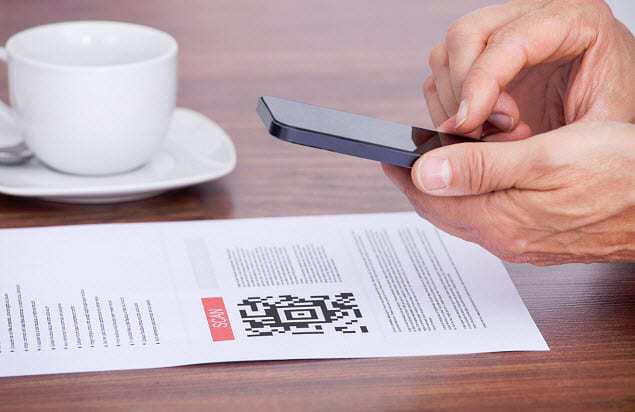The mobile application would help to overcome struggles faced in many hospital emergency rooms.
The first ever medical hackathon to take place in Pakistan has announced an mhealth QR code app as a winner. The event took place at the Aga Khan University. The mobile app may prove helpful in overcoming hospital ER challenges.
The winning team was called *HistorER* and used a unique quick response code system.
The QR code app could be used in emergency rooms to provide medical teams with patient histories. A major struggle facing ER doctors in Pakistan is a lack of medical history for patients. Bystanders, friends and family often bring patients into the ER without knowing that individual’s medical history. Without that vital information, doctors may take longer to be able to conduct life-saving procedures. When every second counts, those delays can prove dangerous or even deadly.
The new mhealth concept involves using a QR code app to instantly offer doctors a patient’s medical history.
 To make this system work, all patients would carry medical cards with a unique QR code printed on them. That barcode would provide a secure link to personal medical details. It would mean that ER doctors could scan the card and instantly obtain information about the individual’s health. This can include allergies, blood type, current medications, previous surgeries and current or previous medical conditions.
To make this system work, all patients would carry medical cards with a unique QR code printed on them. That barcode would provide a secure link to personal medical details. It would mean that ER doctors could scan the card and instantly obtain information about the individual’s health. This can include allergies, blood type, current medications, previous surgeries and current or previous medical conditions.
With this information readily available, ER doctors will be able to initiate procedures and treatments more quickly. Dr. Asad Mian, AKU Department of Emergency Medicine associate professor and lead event organizer, spoke with regards to the winning solution. “*HistorER*’s idea can improve the efficiency of the ER and reduce errors caused by doctors not having timely access to vital patient data.”
He pointed out that the QR code app and medical card solution involves their own storage and retrieval system. As a result, patient records remain secure and information can be shared quickly and easily regardless of the hospital where care is being provided. This type of solution is becoming increasingly commonplace worldwide as first responders and ER doctors seek to reduce the time before treatment can be administered.
